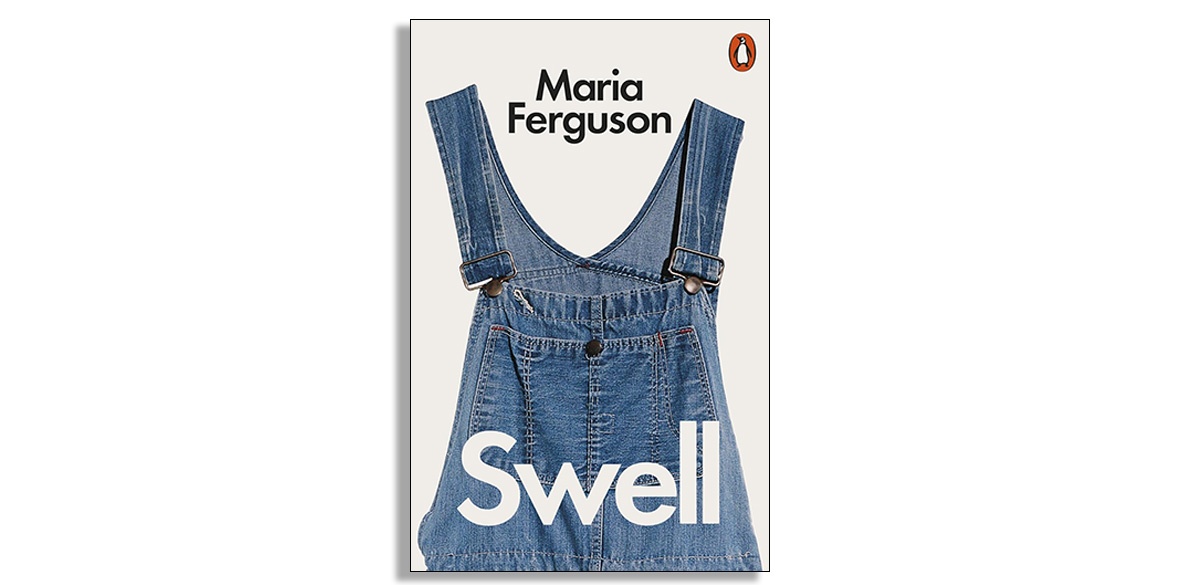This is the last article you can read this month
You can read more article this month
You can read more articles this month
Sorry your limit is up for this month
Reset on:
Please help support the Morning Star by subscribing here
Swell
Maria Ferguson, Penguin, £10.99
ALL poetry must come in some way from the personal experience of the person who writes it, but using your own life directly as raw material is very much the way many poets write currently. In Swell, Maria Ferguson presents a chunk of her life, from lovers and singledom through a miscarriage, to a successful pregnancy and a child.
Feminists argue that “the personal is political” — that patriarchy and gender-oppression are illuminated through the specific details of a woman’s life; and that a woman’s body is as fit a topic for poetry as nature or romantic love. These are also topics that allow women readers to feel their own experience is seen and valued. How far does Swell meet these objectives?
The collection is divided into four sections, roughly: singledom; moving north and miscarrying; pregnancy; and new motherhood.
Ferguson writes well and there is a blunt honesty that is very attractive. In Reunion, she captures the odd atmosphere of former schoolmates getting together years later: “We drink our wine in the entrance hall/ like it’s a set-up, headmistress// about to bound through the doors-/ What do you think you are doing ladies?”
Writing of a rented flat she says: “Sometimes slugs would appear/ under the bay window. I’d peel them/ from the plaster. Take them to bed./ Wake to find them buttoning a stiff, collared shirt”.
There is a moving account of an early miscarriage in I Didn’t Get To Say Goodbye I Barely Said Hello, and in Is It The Fault Of The Vessel Then? where: “I’m lying awake wondering/ night after night if it’s me …”
There is also humour. She imagines (probably!) taking her toddler for a meal in a fancy restaurant, which finishes: “He agrees by loudly soiling himself/ as the chocolate tart is served. The scent wafts/ through the restaurant like blossom on the breeze.”
Less successful for me is how she deals with the unmistakeable privilege she knows she has with a tone which is probably ironic but might sound less so to a reader in more difficult circumstances. I Didn’t Think I’d Be Able To Buy A House begins “But now I know what you can get/ the further/ and further/ north/ you go”, and in Voyeurism she imagines local people saying: “Up from London, don’t you know! /Swans in and buys a house/ people from round here can’t stretch to.” As well they might.
Class is a ghostly presence behind the emotions of longing for a child, and the furnace heat of new motherhood that she shares with so many women. Her domesticity is that of a woman with good housing and a supportive partner, as she knows.
So is this personal work political? Only in the sense that it assumes conventional social relationships and emotions; though these are assumptions that many women will share. If you are after some vivid language, personal honesty and humour you will enjoy this work. But a critique of child-bearing and motherhood it is not and does not aim to be.











